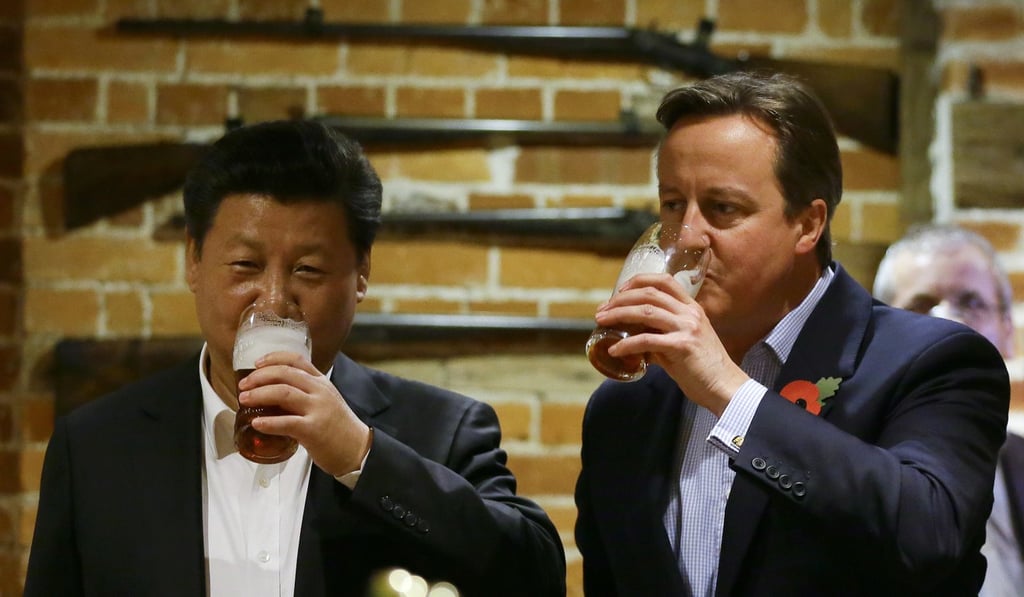How Brexit Britain can gain from China’s Belt and Road
There’s an elephant in the room regarding Beijing’s grand and all-encompassing trade plan – what exactly is it?

The ancient tale of the wise men feeling different parts of an elephant and being at a loss for how best to describe it could be applied to the Belt and Road plan, China’s current signature foreign policy initiative. The novelty of having China propose something as grand and all-encompassing in the first place has itself attracted much attention.
Powers like the United States and the EU have been demanding for years that an increasingly economically powerful China state its posture on its global aspirations more clearly; China has now answered. The problem is that no one quite knows what the answer means.
Brexit Britain is missing an Asia policy
The “Belt and Road Initiative” is certainly not a policy. It has no normative aspirations, nor any prescriptive shape. It is, instead, an invitation for the rest of the world to think more about how engaging with China might help its own plans for growth and development. This is reasonable enough. More than 120 countries have China as their chief trading partner. Trying to do more with China than just import and export would be good for them. Part of the aim of the initiative therefore is to make for a more diverse mode of interaction with the world’s second largest economy.
WATCH: China’s Belt and Road Initiative
It is presumably this aim that will be thought about most at the huge summit held in Beijing on Sunday and Monday to unpack a bit more what the Belt and Road Initiative means. Delegations from the approximately sixty plus countries which are most closely associated with the idea will travel to Beijing to seek some kind of enlightenment about what – after all the grand rhetoric and the bold new narratives being announced by various people from China – the initiative practically means. In the famous words of a US presidential election advert attacking an opponent for being too vague on their plans of what they would do once elected: where’s the meat?
For Britain, the position is even more complex. It is not part of the core region of interest. It cannot even claim to be a member of the peripheral zones – the East European 16, for instance, who all make claims to being some kind of terminus for what was once called the New Silk Road. Nor can it say it is on the maritime belt. That arches down from China deep into the Indian and Pacific oceans. But it does not extend beyond there.

Despite this, interest in Britain on what the initiative might bring in terms of finance, investment and other knock-on opportunities is high. This is partly through the groundwork laid by the doomed administration of David Cameron, whose Chancellor George Osborne was something of a Sinophile, and who created the idea of a new “golden age” for Britain-China relations around 2015. The Belt and Road idea therefore fell from a clear blue sky onto fallow ground in Britain. It was the sort of Beijing-originated idea that was almost inevitably going to be warmly embraced.